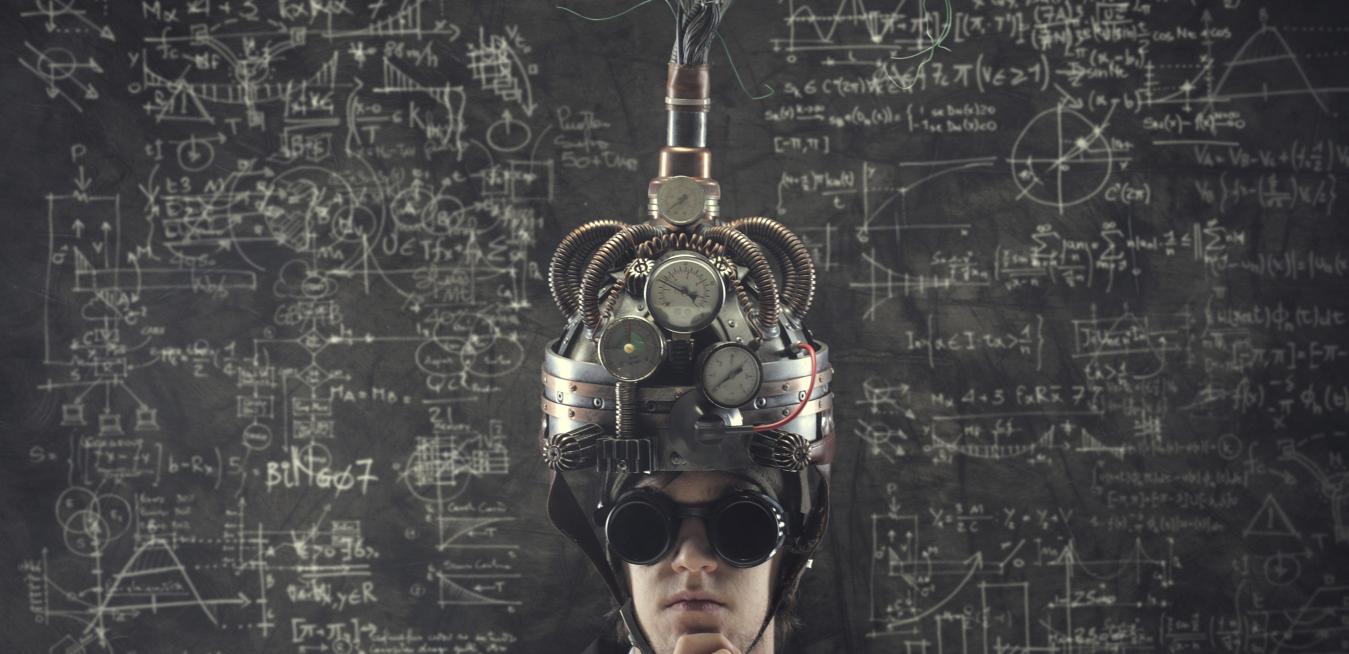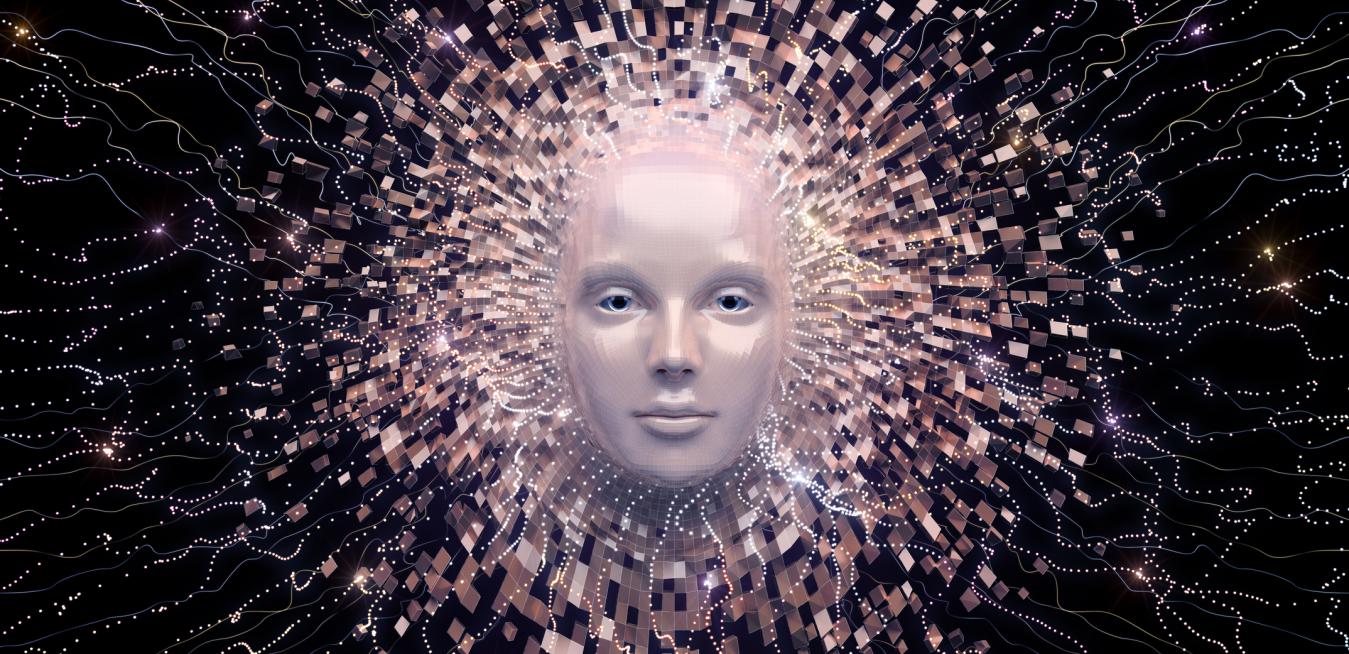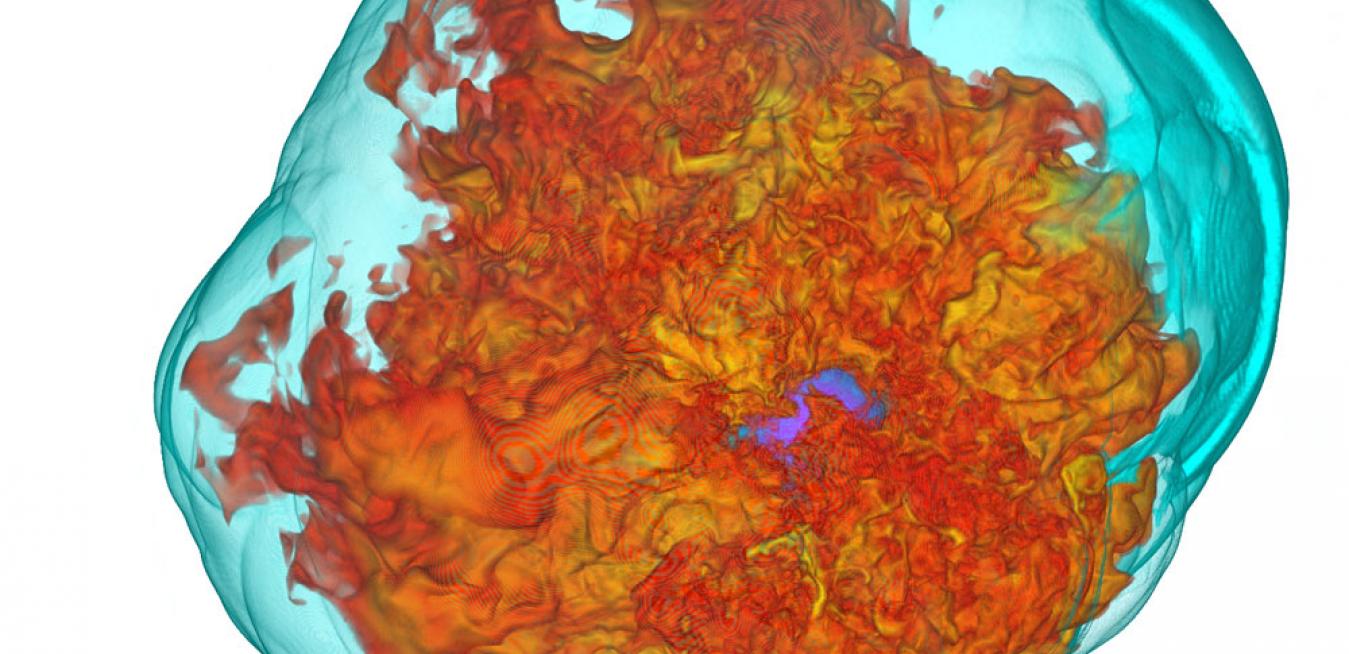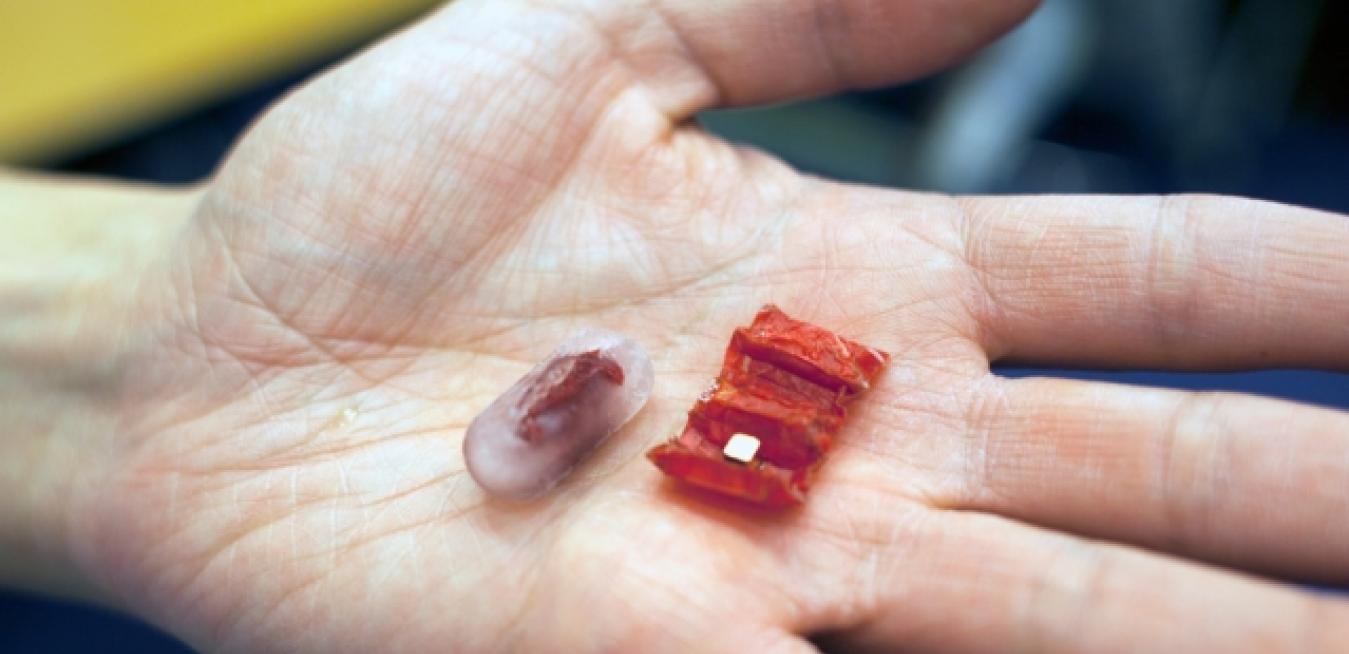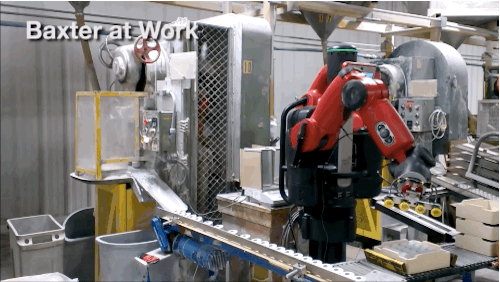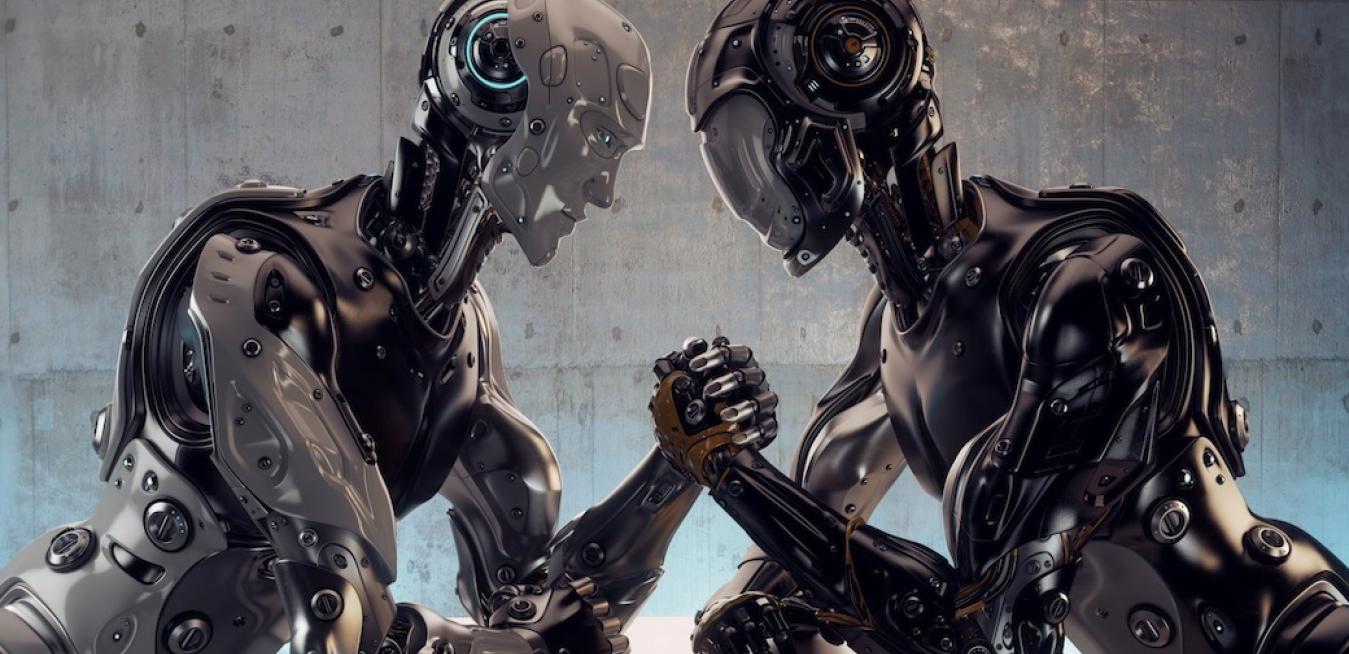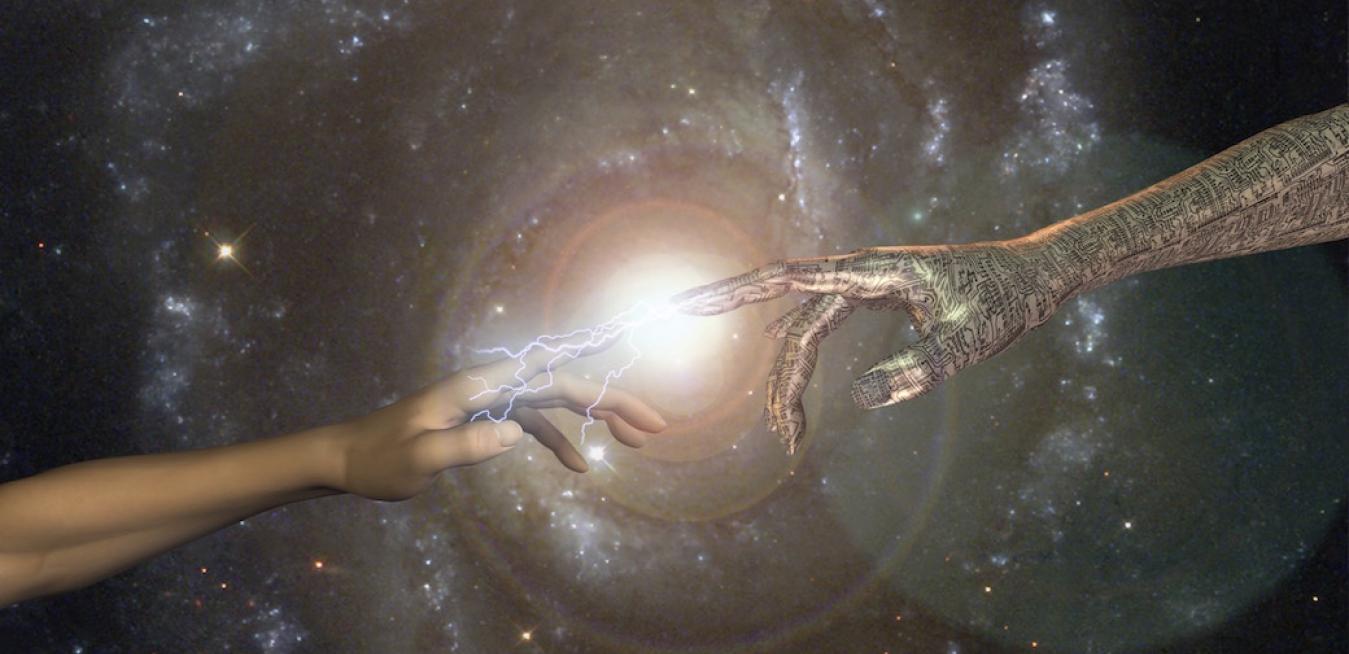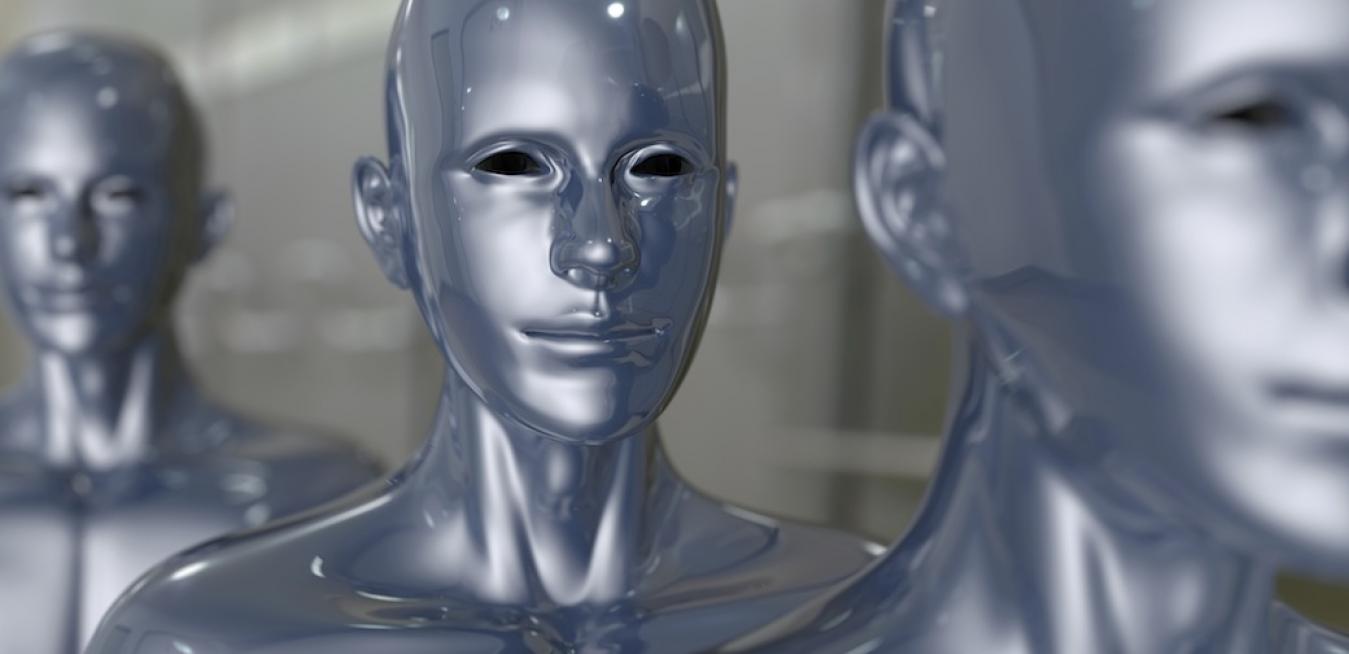Scientists Build A Mind-Reading Machine
Astronomers Find Moon’s Tiny Buddy
Will Snails Get Us Faster To AI?
This Ingestible Origami Robot Can Remotely Operate On Patients
[embed width="800"]https://www.youtube.com/watch?v=3Waj08gk7v8[/embed]
We must consider the key moral and policy questions around artificial intelligence and cyborg technologies to ensure our innovations don’t destroy us.
How much do we really know about the impact of scientific breakthroughs — on technology or on society? Not enough, says Marcelo Gleiser, the Appleton Professor of Natural Philosophy and a professor of physics and astronomy at Dartmouth College.
Technology will enable people to “upgrade” to god-like cyborgs in a century or two. That could be a good thing, as long as the technology is serving us — not the other way around.
Is technology enabling us to become ever-more god-like? And would that be a good thing?
As artificial intelligence (AI) and embedded technologies empower people to become “more than human,” future advances could become as much of an ethical question as a technological one.
Unless we have clear evidence that artificially intelligent beings we create pose no threat, we need to seriously consider the risk.
Will a Democrat or a Republican win the 2040 U.S. election? Will Google be remembered positively or negatively in 2090? Will humans create new universes by 3002?
